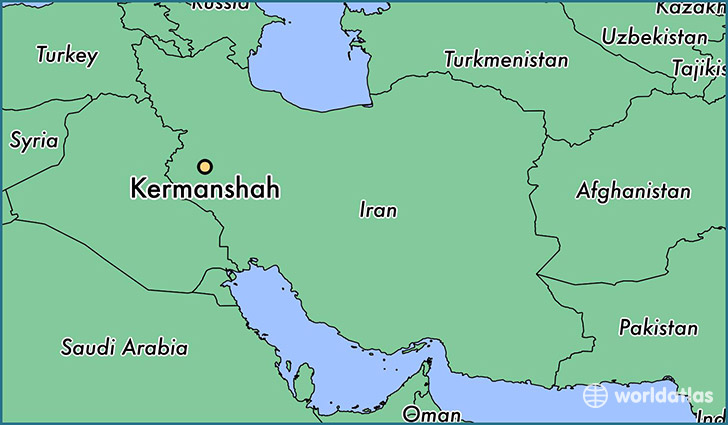Source: www.iranwire.com
By ARASH AZIZI

On October 17, an eight-year-old boy was left terrified and alone as armed men raided his family’s home in Kermanshah, southwestern Iran, and took away his parents.
As with most children his age, the boy had never been left on his own. So why did Iranian authorities with guns detain his parents, Kambiz Moradipour, an optician who runs a glasses store, and his wife, Sino Rasouli, a seamstress, with such violence? What was their crime? Belonging to the Baha’i faith.
There are 300,000 Baha’is in Iran, making them the country’s largest religious minority — and one of the Iranian regime’s biggest targets for discrimination. The government is officially committed to discrimination against them, and the ordeal the boy in Kermanshah endured is all too familiar.
The country’s Supreme Leader Ayatollah Khamenei has issued a fatwa calling for the social isolation of Baha’is. Prior to this, in 1991, he approved an official — although secret — policy to bar Baha’is from teaching and studying at universities.
Faran Moradipour, a Toronto-based filmmaker and a relative of the couple arrested in Kermanshah, spoke to IranWire about his worries for his family. “They [authorities] have yet to disclose the official reason for the arrest,” Moradipour said. “But I know they are actively involved in community-building activities.”
Baha’is, who practice a peaceful religion that enjoins on them to respect the law of the land and refrain from joining political parties, often face vague and arbitrary charges, including committing “crimes against God,” “colluding against the regime” or spying for Israel.
Authorities base the espionage charge on the fact that the most important institutions for Baha’is are located in Israel. But the Baha’i presence there predates the foundation of the state of Israel, going back to the mid-19th century when Baha’u’llah, the faith’s founder, was exiled to Ottoman Palestine by the Qajar monarchy of Persia. Much of Baha’u’llah’s 40 years of exile and imprisonment was spent in Acre, which was then part of the Ottoman province of Beirut and is today in northern Israel.
According to Faran Moradipour, it was members of the paramilitary Islamic Revolutionary Guards Corps (IRGC) that stormed the house of Kambiz and his wife and arrested them.
“Their home was ransacked and they were taken away, leaving behind their young child, who is now staying with his older sister and other relatives,” he said. The relatives had rushed from Tehran, about 370 miles away, to be with the young boy after they heard of the arrest.
Arrests Just Days Before Holy Celebrations
Moradipour said that seven more Baha’is had been arrested in Kermanshah the same morning: Payman Ghiami, Foroozan Amini, Ezat Shahid, Amrollah Eslami, Amir Kadivar, Nematollah Shadabi and Sepideh Ahrari.
The arrests come as Baha’is around the world get ready to celebrate the bicentennial of the birth of the faith’s founder, Baha’u’llah, who was born in Tehran in 1817. The event will be celebrated over the weekend of October 20 to 22.
Baha’i sources said Iran’s Ministry of Intelligence has conducted similar raids around the country. Earlier this month, more than a dozen Baha’is in some of Iran’s main cities — Tehran, Isfahan and Mashhad — were arrested.
A Baha’i citizen was also arrested in the northern city of Rasht on October 15, according to the Iran-focused Human Rights Activists News Agency (HRANA). Her whereabouts remain unknown, the news agency said.
Faran Moradipour, himself a Baha’i, said that his faith teaches “love, unity, forgiveness and patience,” but he admitted he was “angry beyond description with how tyranny has spilled the blood of so many innocents.”
The world needs to send “a very clear message… if we want to see an end to the unfounded sentences and charges against the Baha’is,” he added. “The world is watching you.”
July 29, 2018 10:26 am
Honor and praise to that eight year old child and to the noble people who came to his aid in this great difficulty.